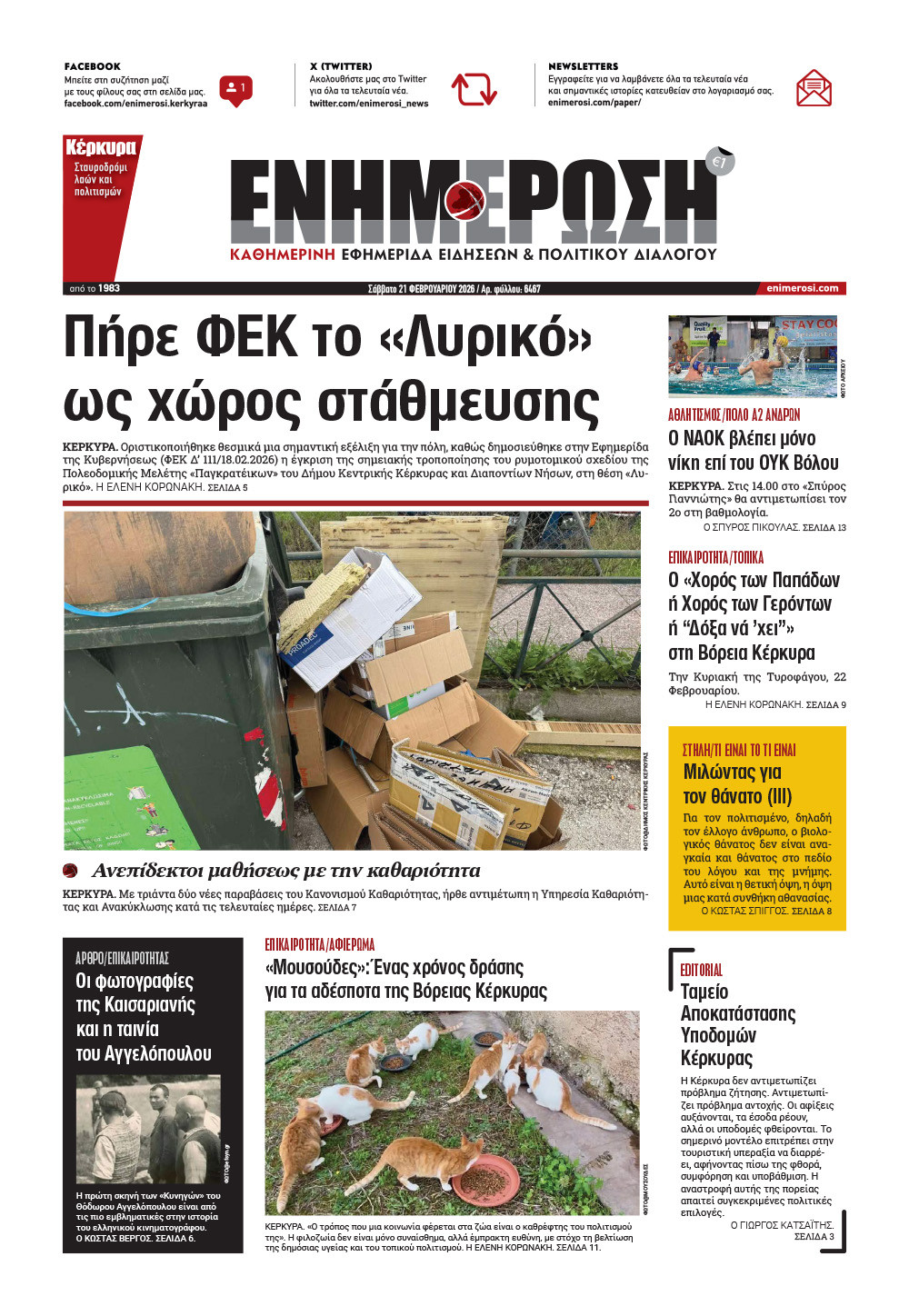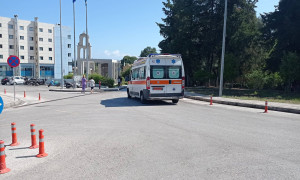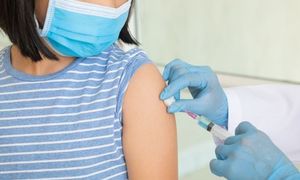New regulations for travel to islands from 5 July

COVID-19
04 Jul 2021
/ 10:53
ATHENS. Boarding procedures and when tests are required.
New regulations will be in force from Monday 5 July for travel by sea to islands. The same regulations will also apply to domestic flights from the mainland to islands and between islands from Monday 5 July until 06:00 on Monday 12 July.
Passengers will be allowed to travel if they have one of the following:
- A vaccination certificate stating that 14 days have passed since full vaccination for Covid-19 or
- A negative PCR test performed less than three days (72 hours) prior to the scheduled travel date or a negative rapid antigen test taken 24 hours prior to travel or
- A recovery certificate. Travellers can present a medical/recovery certificate issued thirty days after they first tested positive for Covid-19. The certificate is valid for 180 days after its issue date.
- Alternatively, travellers may present, in digital or printed form, an EU Digital COVID Certificate, as proof that the holder has been vaccinated against Covid-19 or received a negative test result (48-hour rapid test or 72-hour PCR) or recovered from the coronavirus.
Minors aged 12-17 (with date of birth before June 30, 2009) may provide any of the above or a self-test, while anyone younger than 12 (with date of birth after July 1, 2009) may travel without restriction.
The following are exempt from the above rules:
- Those travelling between islands in different regional units for work purposes on a daily basis and already take a negative Covid-19 self-test every week.
- Those travelling between islands of the same regional unit. Those travelling daily for work purposes must present a weekly negative Covid-19 self-test result. Individual travelers, travelling for what ever reason, must present a negative self-test (taken 24 hours before travel) before boarding.
Passengers are also required to comply with the instructions of the permanent and temporary airport or airline staff responsible for supervising, crowd management and passenger assistance, in order to maintain the necessary distances and to ensure safe boarding/disembarkation to avoid overcrowding.
Passengers will be allowed to travel if they have one of the following:
- A vaccination certificate stating that 14 days have passed since full vaccination for Covid-19 or
- A negative PCR test performed less than three days (72 hours) prior to the scheduled travel date or a negative rapid antigen test taken 24 hours prior to travel or
- A recovery certificate. Travellers can present a medical/recovery certificate issued thirty days after they first tested positive for Covid-19. The certificate is valid for 180 days after its issue date.
- Alternatively, travellers may present, in digital or printed form, an EU Digital COVID Certificate, as proof that the holder has been vaccinated against Covid-19 or received a negative test result (48-hour rapid test or 72-hour PCR) or recovered from the coronavirus.
Minors aged 12-17 (with date of birth before June 30, 2009) may provide any of the above or a self-test, while anyone younger than 12 (with date of birth after July 1, 2009) may travel without restriction.
The following are exempt from the above rules:
- Those travelling between islands in different regional units for work purposes on a daily basis and already take a negative Covid-19 self-test every week.
- Those travelling between islands of the same regional unit. Those travelling daily for work purposes must present a weekly negative Covid-19 self-test result. Individual travelers, travelling for what ever reason, must present a negative self-test (taken 24 hours before travel) before boarding.
Passengers are also required to comply with the instructions of the permanent and temporary airport or airline staff responsible for supervising, crowd management and passenger assistance, in order to maintain the necessary distances and to ensure safe boarding/disembarkation to avoid overcrowding.












